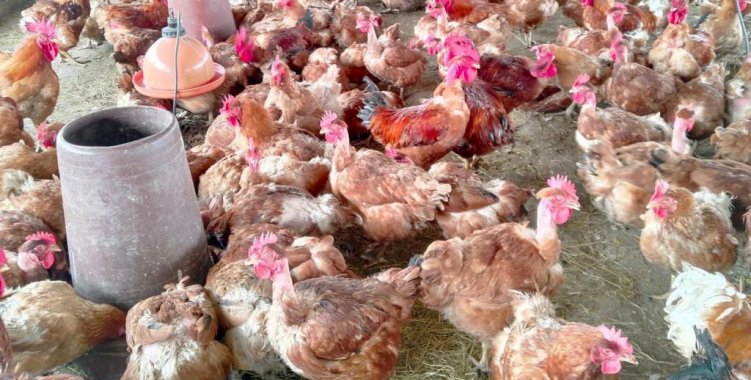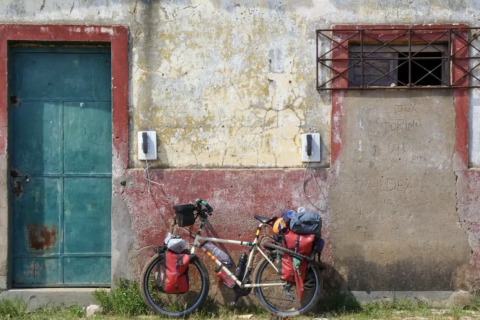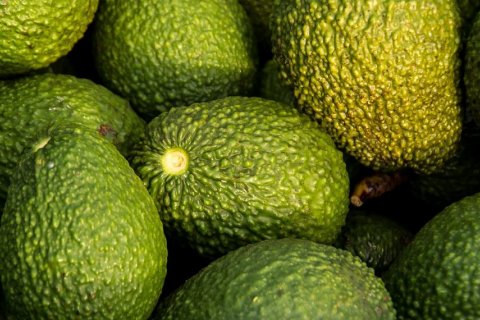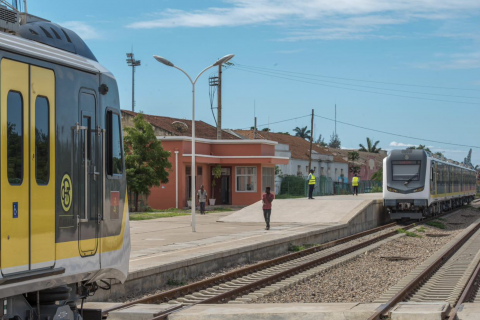According to Moisés Segunda, technical director of the farm – located in a perimeter of 300 thousand square meters –, the warehouse with 12 thousand birds is equipped with modern technologies and equipment that facilitate the feeding of the animals, as well as allowing the automatic collection of eggs and feces, which are reused as organic fertilizer, given that the farm is concerned with environmental sustainability.
However, the company does not want to stop there and intends to implement three more warehouses in order to increase its annual production capacity to up to 22 million eggs.
In terms of animal breeding, quoted by Angop, the manager said that, as part of the second stage of the initiative, the production of around 70 thousand hens and 107 thousand chickens is also part of the plans.
Currently, the farm has four warehouses for raising and fattening chickens. However, he added, the goal is to implement three more warehouses with greater capacity for chicken production within a period of 45 to 60 days.
But the farm's strategy is ambitious, with a slaughterhouse currently under construction, which will have cold storage rooms and will be able to slaughter up to 5000 birds per day.
However, poultry and egg production is not the farm's only activity. Quoted by Angop, the official said that the infrastructure has also invested in pig farming, whose goal is to reach more than 5000 kilograms of pork and approximately 3000 kilograms of goat meat, and for the production of the latter meat, the infrastructure has a warehouse with approximately 400 genetically improved goats.
With this objective, according to Moisés Segunda, the current building is expected to be expanded and re-equipped, with a view to handling two hundred sows and fattening more than 5700 piglets annually.
In addition to meat, the farm is also dedicated to agricultural production, with a focus on bananas. According to the director, the farm aims to produce 210 tons of this fruit annually, with six hectares of the 30 currently cultivable dedicated to banana production, as well as four and a half hectares dedicated to passion fruit cultivation, with an estimated annual production of more than 60 tons of this fruit.
The farm employs 120 people and also has a feed factory (capable of producing one and a half tons of feed per hour) and a residence for technicians.
According to Angop, this agricultural project has already reached the 'ears' of António Francisco de Assis, Minister of Agriculture and Forestry, who expressed satisfaction at seeing the project in line with the Government's goal of increasing the country's production.







